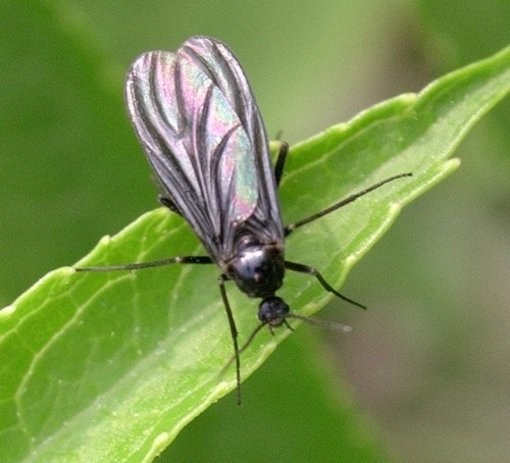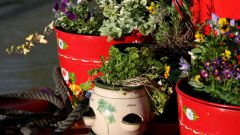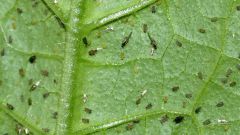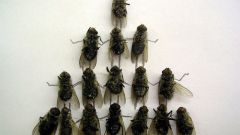You will need
- - matches;
- - garlic;
- - orange or lemon peel;
- - tobacco;
- - potassium permanganate;
- - soap solution;
- - wood ash;
- - calcined sand;
- - chemical preparations against blackflies.
Instruction
1
Moist soil is an ideal environment for the growth and reproduction of lice. Sami flies safe for plants, but their larvae can cause considerable damage to the root system. The easiest and safest way of dealing with these pests – the use of sulfur. To do this, take five to seven matches and insert their sulfur heads into the soil, and then lightly moisten the top layer of soil.
2
Growers are advised in the fight against midges to apply the simple folk methods, which are based on a kind of aromaterapie. Take a few cloves of garlic, peel and cut into thin slices, spread on the soil surface. Or dip in the ground orange or lemon peel. Often used tobacco from cigarettes, which should be pour into the pots.
3
Prepare a weak solution (light pink) of potassium permanganate. Liberally pour the soil of houseplants. Do not overdo it, a strong solution of potassium permanganate can burn the roots of flowers. Good help in the fight against fly floral soap solution, which should also be watered house plants. Significantly reduced the number of flies after the first use of wood ash, which should have been spread on the soil surface.
4
Limit the colors in glazes. The dried land will be unfavorable for larval development. Should be used for drying soil, the ash or calcined sand, you want to fill from the top with a thin layer. Due to this soil will not absorb moisture in large amount, and the draining effect will have a negative impact on the development of larvae.
5
If none of the above methods did not help to get rid of flower pests, then you have to repot a houseplant. When transplanting, carefully remove the flower from the pot, clean the roots from soil, wash in a weak solution of potassium permanganate. Plant in new soil that is recommended to be heated in the fire. Pour the plant with a special chemical agent against lice (sold in specialized shops for summer residents and gardeners).



